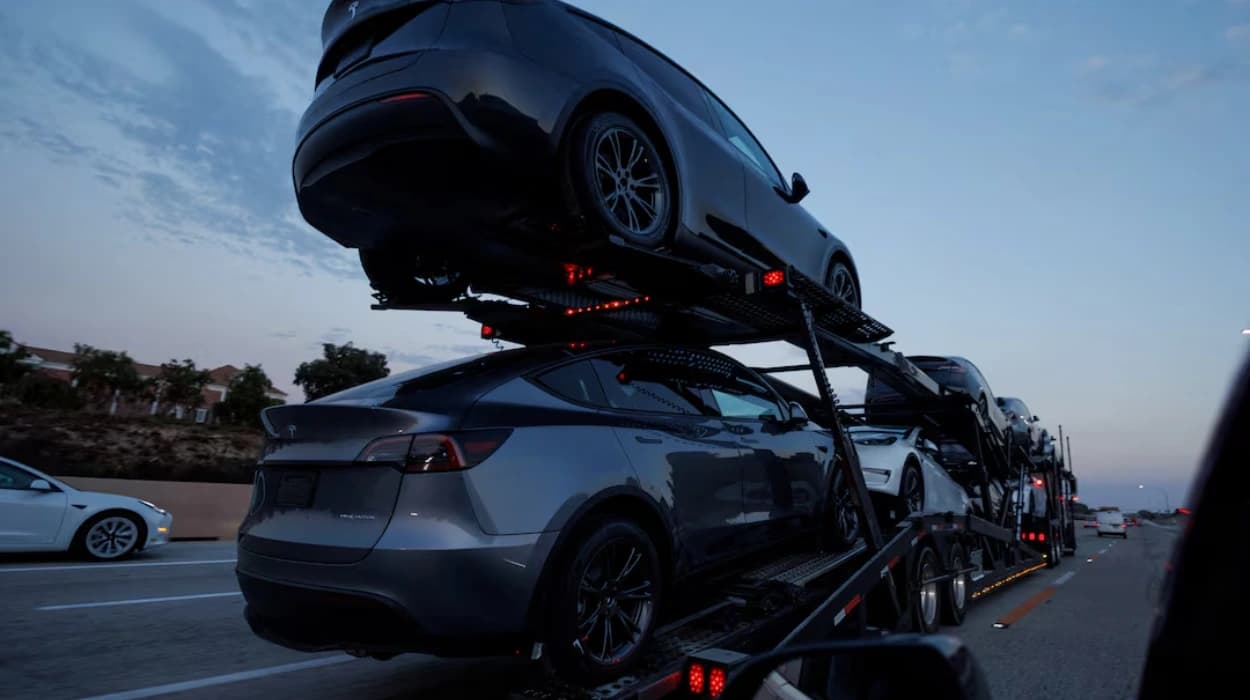The U.S. Senate's recent vote to block California's 2035 electric vehicle (EV) rules marks a significant turning point in the nation's climate and automotive policy landscape. This decision, which aims to rescind a waiver allowing California to enforce its stringent requirement that 80% of new vehicles sold be electric by 2035, has sparked both applause and outrage. It highlights deep divisions between economic interests, environmental aspirations, and regulatory authority in shaping the future of transportation and climate action in the United States.
California’s 2035 EV Rules: Ambition at the Forefront
California’s landmark policy requires that by 2035, the sale of gasoline-only vehicles in the state will be phased out. This initiative, considered the most ambitious of its kind, also allows up to 20% of new sales to be plug-in hybrids. It reflects California’s long-standing leadership in environmental regulation, aiming to cut greenhouse gas emissions substantially and drive the adoption of cleaner technologies.
The rule has been adopted by 11 other states, collectively representing about one-third of the U.S. auto market, amplifying its reach and influence. California’s strategy fits into broader efforts by international bodies like the United Nations and the World Bank to promote sustainable transportation as a key pillar in combating climate change.
The Senate Vote: Blocking California’s Waiver
On May 22, 2025, the U.S. Senate voted 51-44 to bar the state’s power to enforce this emissions rule through revoking its federal waiver granted by the Environmental Protection Agency (EPA) under the Biden administration. The vote is now pending approval by President Donald Trump, who has previously expressed opposition to California's stringent EV mandates.
This repeal effort utilized the Congressional Review Act (CRA), a legislative mechanism to undo federal regulations with a simple majority vote, bypassing the usual 60-vote filibuster threshold in the Senate. The Senate also voted to revoke related waivers covering emissions standards for new heavy-duty trucks.
Key Players and Industry Reactions
The automotive industry has strongly backed the Senate’s decision. Major manufacturers such as General Motors, Toyota, Volkswagen, Stellantis, and Hyundai welcomed the repeal, citing the infeasibility of meeting California’s mandates given current production and market capabilities.
John Bozzella, CEO of the Alliance for Automotive Innovation, stated, “These mandates were never achievable. Meeting them would have forced automakers to divert limited capital from the electric vehicle transition to purchasing compliance credits from Tesla.”
Conversely, California’s governor Gavin Newsom condemned the vote as “unlawful” and pledged legal action, warning that it “could impose an additional $45 billion burden on California taxpayers due to increased healthcare costs from pollution.” The state Attorney General, Rob Bonta, echoed these concerns, calling the Senate’s move “federal overreach” that risks public health and climate goals.
Broader Political and Environmental Implications
The Senate’s move is part of a broader pushback against federal and state climate regulations seen by opponents as economically burdensome and regulatory overreach. A linked House bill proposes ending the $7,500 federal tax credit for new electric vehicles, introducing annual fees on EVs to fund road repairs, and rescinding vehicle emissions standards intended to accelerate automaker EV production.
Critics of the repeal argue that weakening California’s pioneering policy threatens national climate commitments and delays transition to cleaner transportation technologies. The EU, China, and other regions are moving aggressively to promote EV adoption and reduce carbon emissions from vehicles.
Challenges in Meeting EV Mandates
Automakers contend that current electric vehicle sales, which are around 10% or lower in many states, make California’s 35% zero-emission vehicle requirement for the 2026 model year unattainable. They stress the need for more time and investment to ramp up EV supply chains, battery production, and charging infrastructure nationwide.
California and environmental advocates, meanwhile, argue that ambitious mandates are necessary to overcome market inertia, catalyze innovation, and enhance air quality, particularly in urban centers plagued by pollution.
A Turning Point for U.S. Climate and Automotive Policy
The U.S. Senate's vote to block California’s 2035 electric vehicle rules reflects fundamental tensions about the pace and governance of the country’s shift toward clean energy transportation. While automakers and some states favor a more gradual transition respecting immediate economic realities, California and environmental groups see stringent standards as indispensable for tackling climate change and protecting public health.
The battle over California’s waiver acts as a microcosm of wider debates over federalism, environmental regulation, and industry influence in the United States. The coming months, including likely legal challenges from California, will be crucial for determining the trajectory of American climate policy and the automotive market’s evolution.

